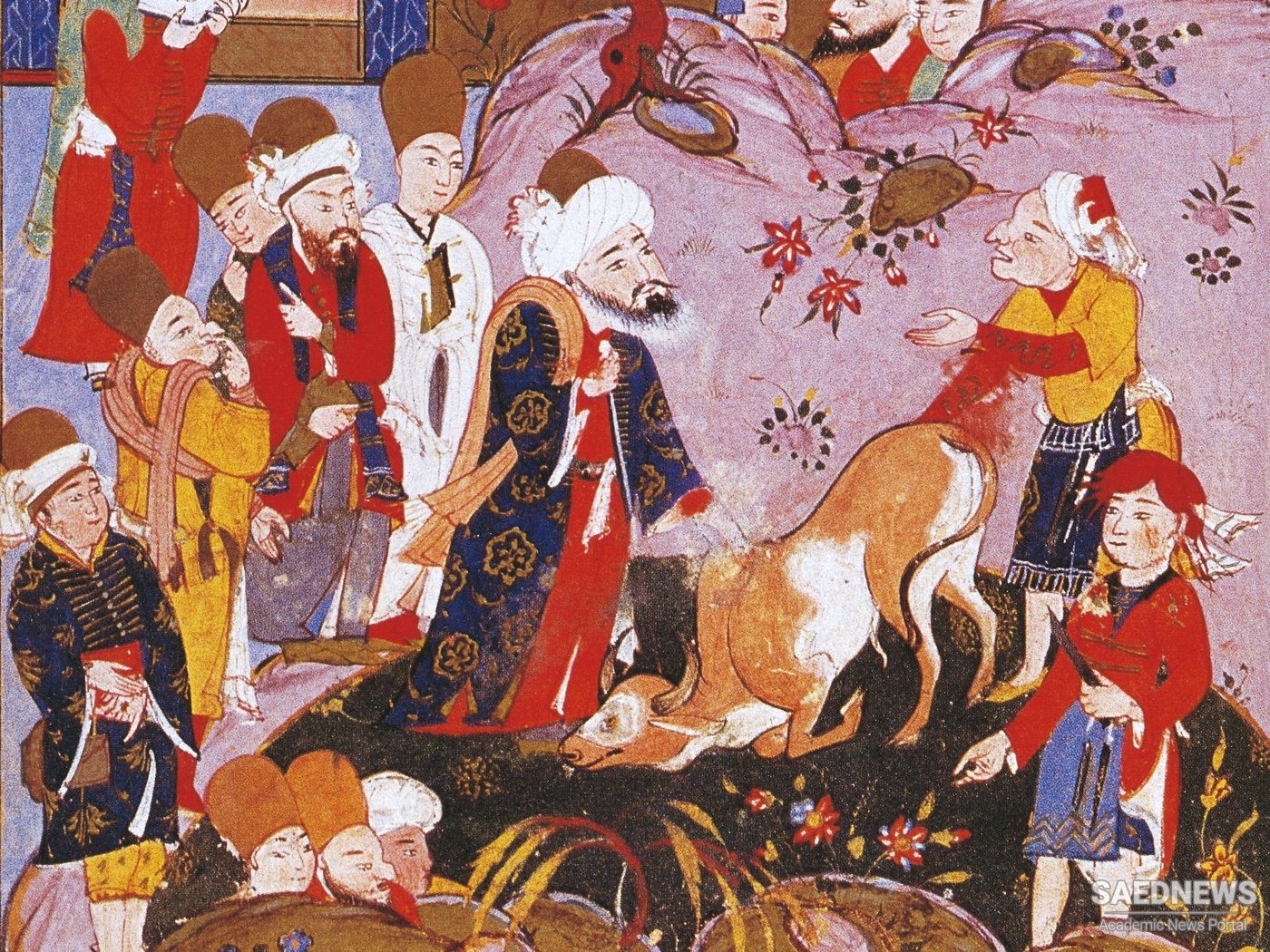The imposing body of theoretical writings on music is by far the most significant achievement in this period of Islamic music. These treatises appeared as part of the extensive scientific writings produced in Baghdad; and since music was then considered a science, part of the quadrivium to be studied along with arithmetic, astronomy, and geometry, it was included in these works. In fact the four principal Islamic music theorists—al-Kindi, al-Farabi, Ibn Sina, and Safi al-Din—were philosophers whose writings cover vast areas of thought, political and metaphysical as well as scientific.Characteristic of these works is the strong influence of ancient Greek music theory. The Islamic treatises appear to be modeled on the works of Euclid, Aristoxenus, and other Greek treatises that were translated into Arabic during the ninth century. This association with the Greek theorists is acknowledged by Safi al-Din in the introduction to his Sharaffiya treatise: "Ceci est une épître qui comprend la science des rapports harmoniques exposée selon une méthode établie par les anciens sages de la Grèce (Source: Classic Persian Music, Harvard University Press, 1973).


 Arrival of Iranians: Dawn of a Groundbreaking Development
Arrival of Iranians: Dawn of a Groundbreaking Development














































